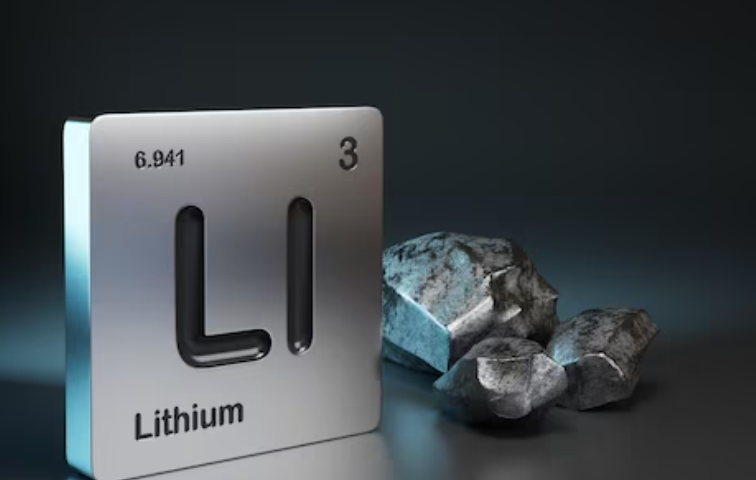#Lithium #Chile #BatteryTechnology #ElectricVehicles #RenewableEnergy #Mining #SustainableMining #EVMobility
The global lithium industry, pivotal for the burgeoning electric vehicle (EV) market and various battery technologies, is currently facing a paradoxical challenge concerning its supply chain. While the past has seen concerns over surplus production, the present threat leans towards a potential scarcity, which could critically hamper the profitability and viability of lithium batteries essential for electro-mobility. Chile, the world’s second-largest lithium producer, is at the forefront of addressing this looming crisis.
Chilean finance minister, Mario Marcel, has emphasized the necessity for ramping up production to counter the imminent risk of shortages that could escalate prices, thereby making alternative battery technologies more appealing. The South American country is not just discussing this theoretically but has embarked on tangible steps to ensure the augmentation of lithium output. In a strategic move detailed by Marcel, Chile unveiled a comprehensive plan targeting the exploitation of various salt flats. Through a novel public-private model, the initiative seeks to double the nation’s lithium production over the next decade.
The core of this ambitious plan involves a collaborative effort between SQM, a leading lithium producer, and Codelco, the state-owned copper giant, which together aim to contribute two-thirds of the anticipated additional production. The remainder is expected to come from new ventures that are currently on the drawing board. Notably, these projections exclude any expansions from Albemarle Corp.’s ongoing operations within Chile.
Under the stewardship of President Gabriel Boric, Chile is strategically positioning itself to leverage its vast lithium reserves more effectively, a response to previous criticisms regarding the country’s diminishing market share attributed to rigid production quotas. The government’s categorization of salt flats underlines a comprehensive strategy where the state holds significant control yet also offers room for private sector engagement.
Moreover, amidst concerns about the state’s amplified role in the lithium sector and the push towards greener but less proven extraction methods, recent clarifications have painted a more balanced picture. The government appears to be open to direct lithium extraction techniques as a preferred option rather than a mandatory requirement in upcoming contracts, addressing industry apprehensions about overly stringent policies.
Chile’s proactive steps not only aim to prevent a supply shortfall that could critically affect the global shift towards renewable energy but also signify a nuanced approach towards public-private partnerships in harnessing natural resources for sustainable development.







Comments are closed.